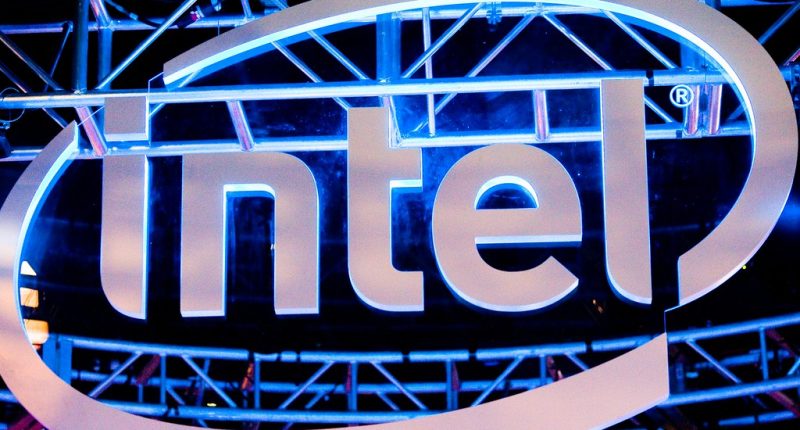Intel Corporation, a once dominant force in the computer market is getting fresh fund infusion. According to a Bloomberg report, investment manager Apollo Global Management has signaled its intention to invest up to $5 billion in the chipmaker. This comes a few months after Apollo acquired an equity interest of 49% in a joint venture with Intel, wherein it pumped $11 billion.
Discussions regarding this deal are reportedly at a preliminary stage at this point, with reports indicating that specifics of the investment could evolve as negotiations continue. So far, both Apollo and Intel have opted not to comment officially, keeping the dialogue and its potential outcomes under wraps. Should the investment materialize, it would offer a financial boost that might allow the company to continue pursuing its turnaround plans without the upheaval associated with an acquisition.
Since taking the helm, Intel CEO Pat Gelsinger has been focussing on reinvigorating the company’s product lines and market presence. The firm’s recent partnership with Amazon Web Services to co-develop custom AI semiconductors was a step in this direction, and in addition to this, Intel has announced plans to reorganize its manufacturing business into a wholly owned subsidiary. Despite these initiatives, Intel is bracing for its third consecutive year of declining sales, which raises questions about the long-term viability of its turnaround strategy.
And in addition to this, San Diego-headquartered Qualcomm is also eyeing Intel and making acquisition plans, which could lead to one of the largest mergers in the technology sector’s history. This potential acquisition is not without its complications, and analysts highlight that such a move would face intense scrutiny from regulators concerned about antitrust issues, particularly given the integral role semiconductors play in modern technology. According to reports, Qualcomm CEO Cristiano Amon is involving himself in the acquisition talks.
This development comes at a time when Intel finds itself at a critical crossroads. After years of declining performance, the company has faced mounting challenges, including fierce competition from rivals such as Nvidia and Advanced Micro Devices (AMD), as well as an inability to swiftly adapt to the demands of AI technologies. As of 2024, Intel’s stock has plummeted nearly 60%, and its shares are currently priced at $22.22. In the event Qualcomm moves forward with its acquisition attempts as well, significant regulatory challenges are expected. Antitrust authorities globally are likely to scrutinize any merger involving major players in the semiconductor industry, given the crucial role that chips play in various sectors – from consumer electronics to automotive technologies.
The Tech Portal is published by Blue Box Media Private Limited. Our investors have no influence over our reporting. Read our full Ownership and Funding Disclosure →






